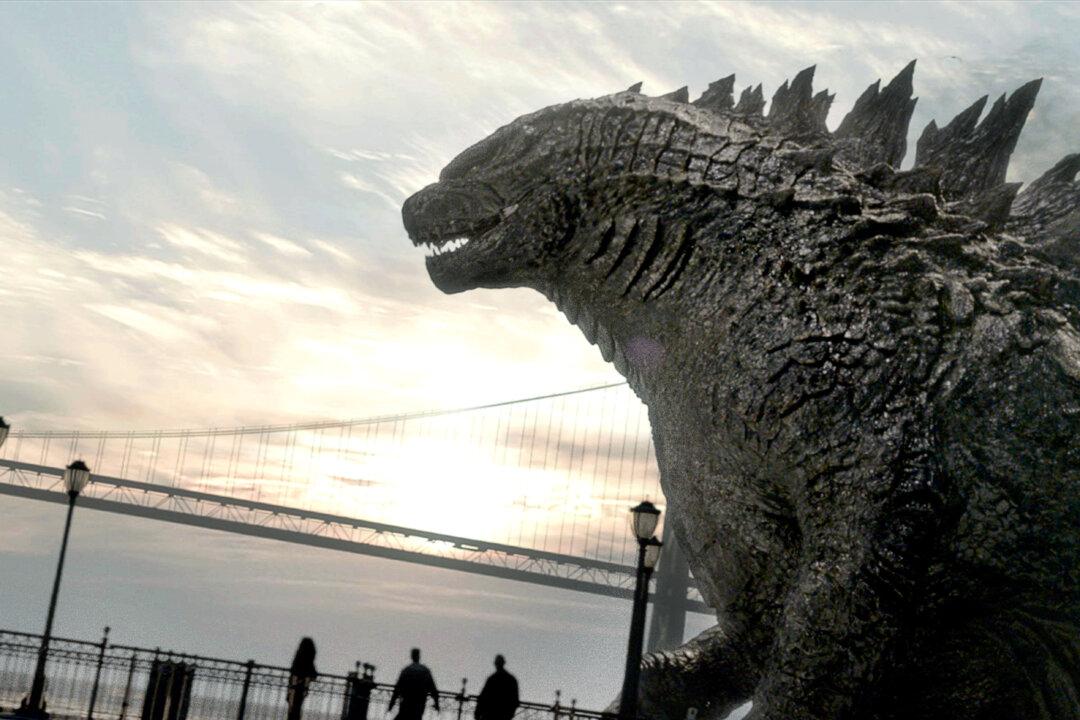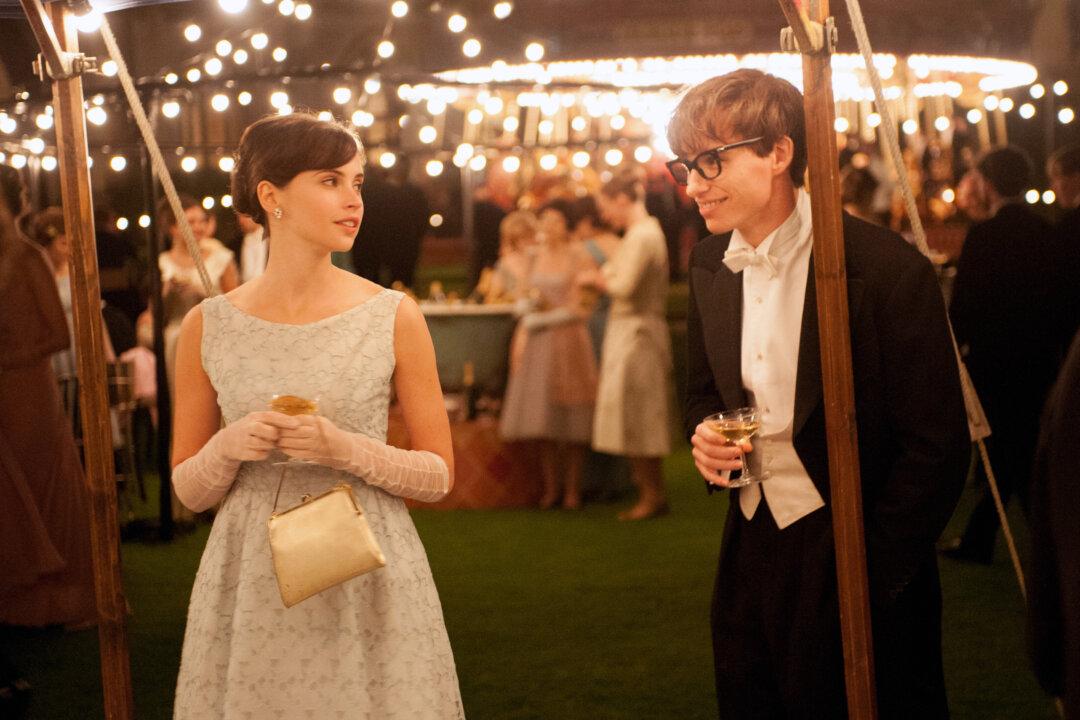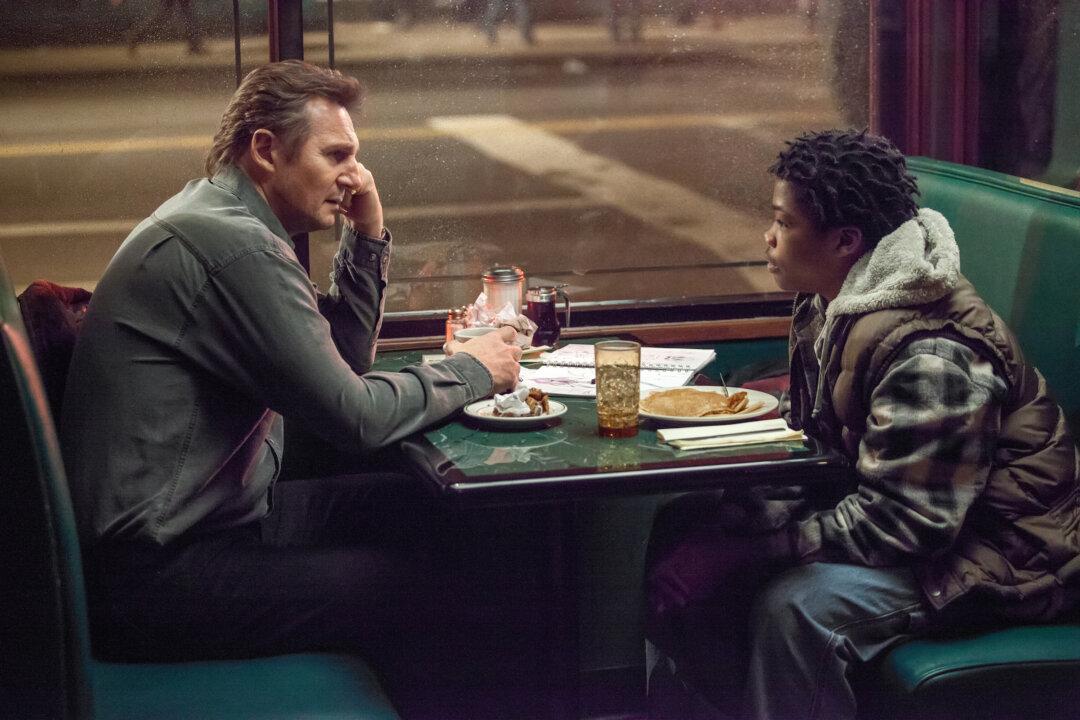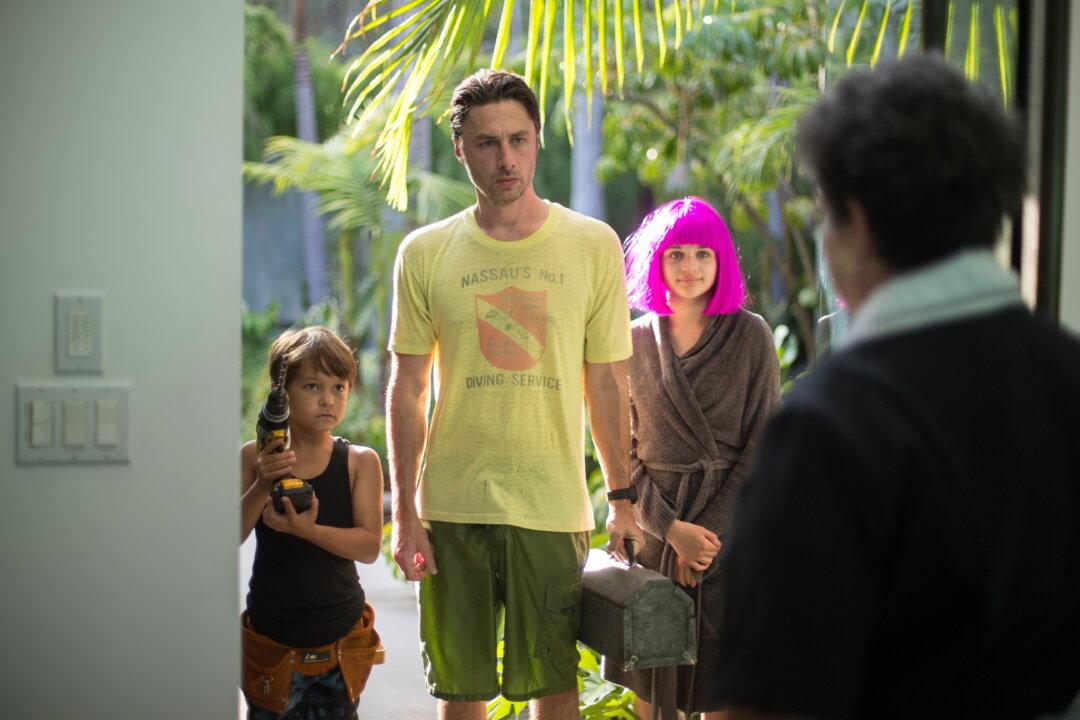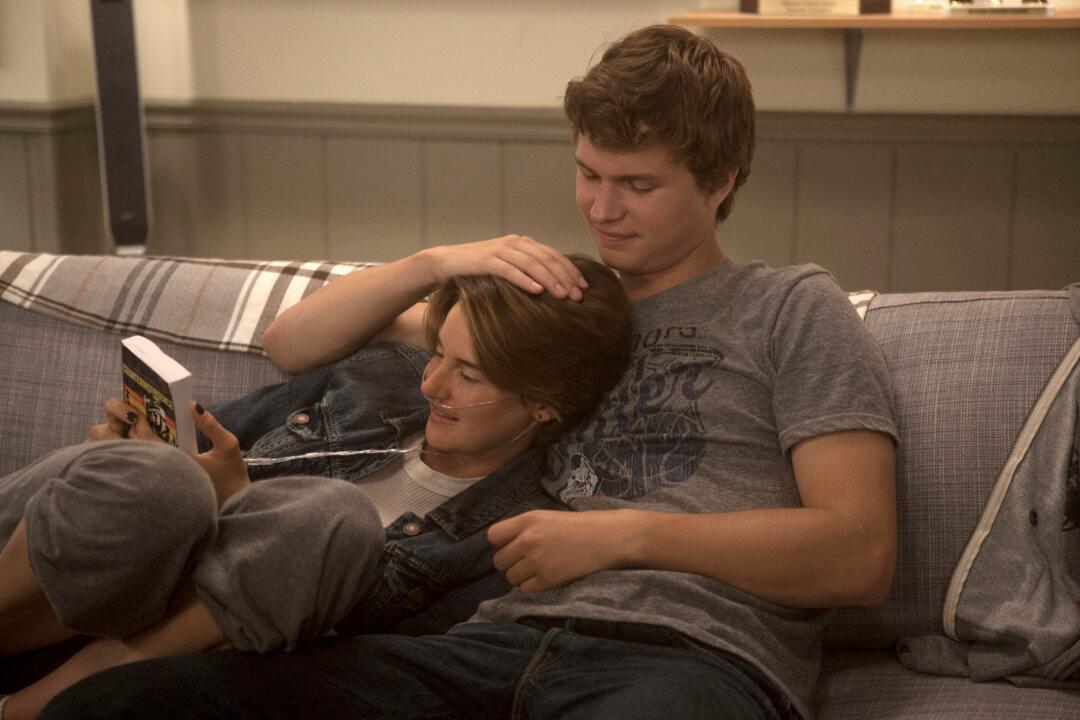It’s no secret that remakes have a negative connotation. However, it’s time to forget the 1998 “Godzilla” because the 2014 “Godzilla” gracefully delivers an adaptation that original fans and new generations alike can relate to and take seriously.
Our contemporary “Godzilla” follows the life of Lieutenant Ford Brody (Aaron Taylor-Johnson), an explosives specialist in the Navy, as he ventures to Japan to bring his father (Bryan Cranston) home to San Francisco, where he lives with his wife Elle (Elizabeth Olsen) and young son.
His journey is complicated by the sudden rise of enormous monsters that have been feeding off of radiation for the last 15 years and looking to reproduce, leaving a destructive path in various countries in the Pacific.
Staying True to the Original
Director Gareth Edwards’ version stayed true to the Toho Company’s legacy and managed to make it new and relevant to our time. Armed with elaborate military weaponry and advanced scientific research equipment, the film’s protagonists quickly realized that no technology, however advanced, could hold off the monstrous forces attacking their cities. In order to have a chance at survival, they needed to take a leap of faith and allow nature to balance itself out.
Edwards was fully aware that recreating Godzilla—from its roar to his atomic breath—was a pressured task after Hollywood’s last attempt at the Japanese monster.
Roland Emmerich’s 1998 version toyed with the the monster’s appearance. Their giant iguana-velociraptor lost the essence of the original. It looked frightening, but it didn’t look “epic.” “Epic” would be the appropriate word to describe Edwards’ Godzilla.
The original “Godzilla” was groundbreaking in 1954 Japan, where the country was coping with and rebuilding from the tragic events of Hiroshima and World War II.
Godzilla, a product of man-made mutation and science, symbolizes man’s arrogance in tinkering with nature’s balance. The story pinpointed how defenseless humanity is in the face of destructive forces, a theme still relevant to the current day.
Edwards worked with the film’s screenwriter Max Borenstein and balanced elaborate stories amidst the action, seamlessly depicting how these events impacted characters’ lives.
Borenstein’s characters surpassed their occupational roles: military men, government officials, scientists, nurses. They were fathers, mothers, or spouses first. In the face of danger, they echoed how we as individuals and humanity as a whole would react, foiling what our priorities are: to do what it takes to keep our loved ones safe.
Ken Watanabe plays Dr. Ichiro Serizawa, a scientist from a secretive government organization who has two of the most important lines in the film.
He was amazed to see the final product and hear Godzilla, Watanabe said.
The roar is “strong but involves some sadness to me,” he said. (The precise roar is the result of much experimenting by the sound crew, even involving at one point a resin-covered leather glove)
“It almost feels like Godzilla is scolding us for humanity’s foolishness. Godzilla is like a symbol of human conscience. It’s something I find very interesting.”
‘Godzilla’
Director: Gareth Edwards
Starring: Aaron Taylor-Johnson, Elizabeth Olsen, Bryan Cranston
Run Time: 2 hours, 3 minutes
Release Date: May 16
Rated PG-13
